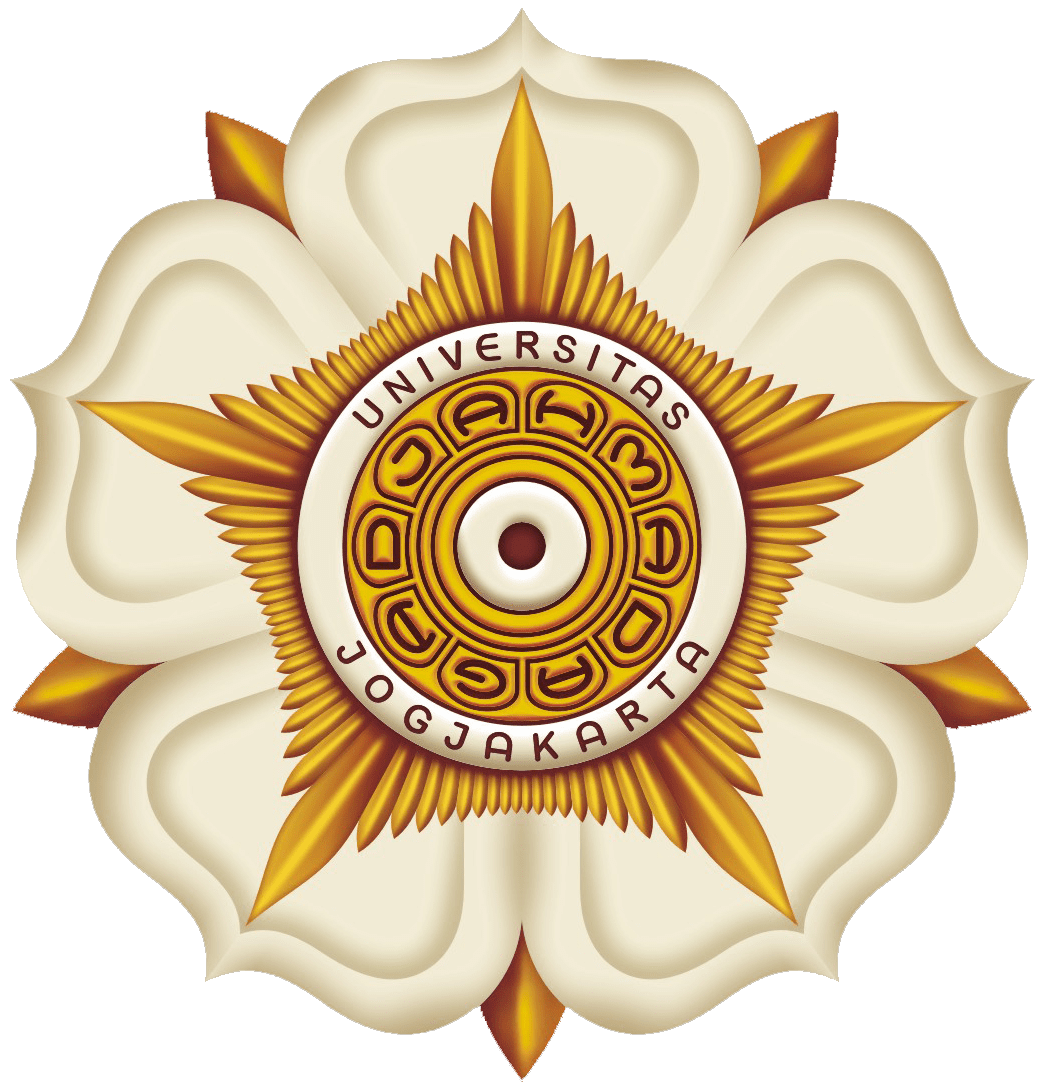Abstract
Introduction: In Southeast Asia there is a big gap between the partnership style now desired by patients and the reality of actual practice, which reflects a more paternalistic style. Asian culture, with its hierarchical social system, less autonomy for members of society and less verbally explicit communication style contributes to this difference. This paper describes the development and validation of a guideline to help doctors in the context of the study to become more patient-centered.
Method: To develop a guideline, we triangulated results from previous studies on doctor-patient communication with in-depth interviews with communication skills teachers at an Indonesian School of
Medicine. To validate the guideline, we interviewed international experts who had conducted research on this subject in an Asian context.
Results: Southeast Asian patients expect more partnership in their consultations. In this respect they
do not differ from Western patients. Three other distinct issues emerged from the data. Firstly, the social and cultural context of their communities is very important for Southeast Asian patients compared with patients from the West who, on the whole have more autonomy. Secondly, much of the communication expressed by patients and their families with doctors is non-verbal compared with Western patients. Thirdly, traditional medicine still holds an important place.
conclusion: There is a shifting paradigm towards partnership communication during doctor-patient consultations in Southeast Asian context. Our guideline alienates the skills needed to consult effectively also tabulates what needs to be taught to young doctors in order to enhance their responsiveness to Southeast Asian patients. It builds on Western models of the consultation enriched
with contextual examples.
Keywords: doctor-patient interaction, hierarchical culture.
Link : http://web10.opencloud.dssdi.ugm.ac.id/wp-content/uploads/sites/345/2018/04/OR1_Mora-Claramita.pdf
